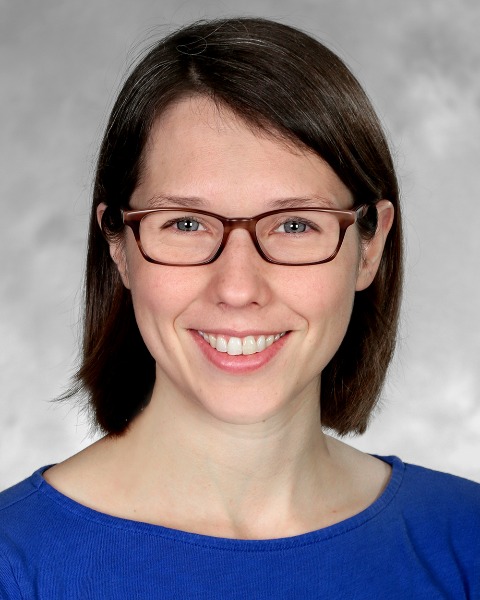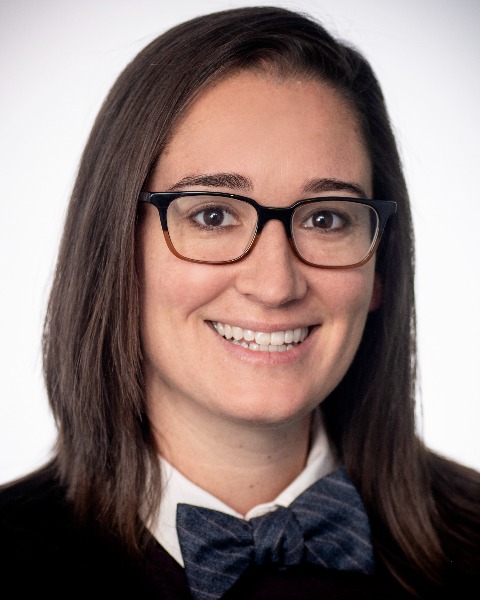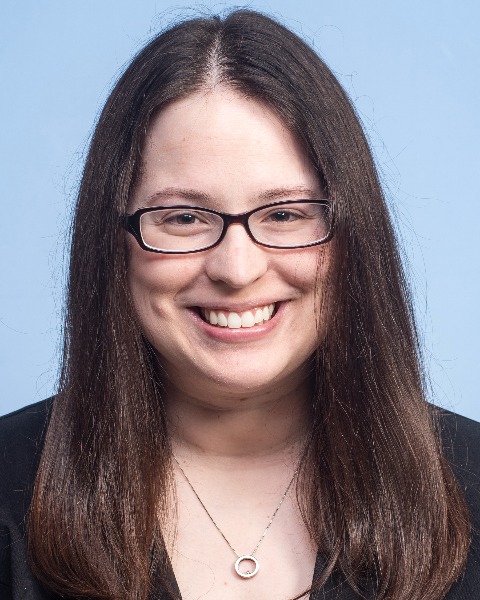Adolescent Medicine
Advocacy
Diversity, Equity, and Inclusion
General Pediatrics
Health Equity/Social Determinants of Health
Public Health
Trainee
From Awareness to Action: Practical Tools for Gender Inclusive Care in All Clinical Settings
-

Emily Allen, MD, MPH (she/her/hers)
Assistant Professor
Hasbro Children's Hospital at Rhode Island Hospital
Providence, Rhode Island, United States -
.jpg)
Syd LaBonte, LICSW, C-ACYFSW (they/them/theirs)
Adjunct Faculty, Rhode Island College; Program Coordinator & Social Worker
Hasbro Children's Hospital
Providence, Rhode Island, United States -
CG
Carly Guss, MD, MPH (she/her/hers)
Assistant Professor
Boston Children's Hospital
Boston, Massachusetts, United States -

Gina Sequeira, MD, MS (she/her/hers)
Assistant Professor of Pediatrics
Seattle Children's
Seattle, Washington, United States -

Kacie Kidd, MD, MS (she/her/hers)
Assistant Professor
West Virginia University School of Medicine
Morgantown, West Virginia, United States
Leader(s)
Co-Leader(s)
Workshop Description: This workshop is designed for pediatric primary care providers, specialists, and trainees who want to better support gender diverse patients and their parents/caregivers in any clinical setting. It will begin with a brief overview of the key concepts of gender affirmative care. Participants will then break into small groups based on practice area (primary care or specialty) to engage in relevant role-play scenarios. Workshop facilitators will circulate among the small groups to provide guidance as needed. Afterward, we will reconvene as a large group for participants to share their experiences, including scripts that were effective and scenarios that posed challenges. Following this discussion, participants will work individually to assess the clinical environments in which they work by reviewing a checklist of recommendations to improve care for gender diverse patients across key domains including training, physical space, documentation, policies, and community engagement. Returning to their small groups, participants will work together to create an action plan for their home contexts, considering factors that may facilitate improvements as well as barriers to change. Finally, we will again gather as a large group for participants to share the next steps they will take to ensure their clinical environments are more gender inclusive and affirming. The session will conclude with a question and answer session. Participants will leave with practical tools including a checklist of recommendations and a worksheet with an individualized written action plan.
Learning Objectives:
- Describe the four core concepts of the gender affirmative care model.
- Engage in relevant conversations about gender with patients and their parents/caregivers.
- Create an action plan for making their clinical environments more gender inclusive and affirming.

